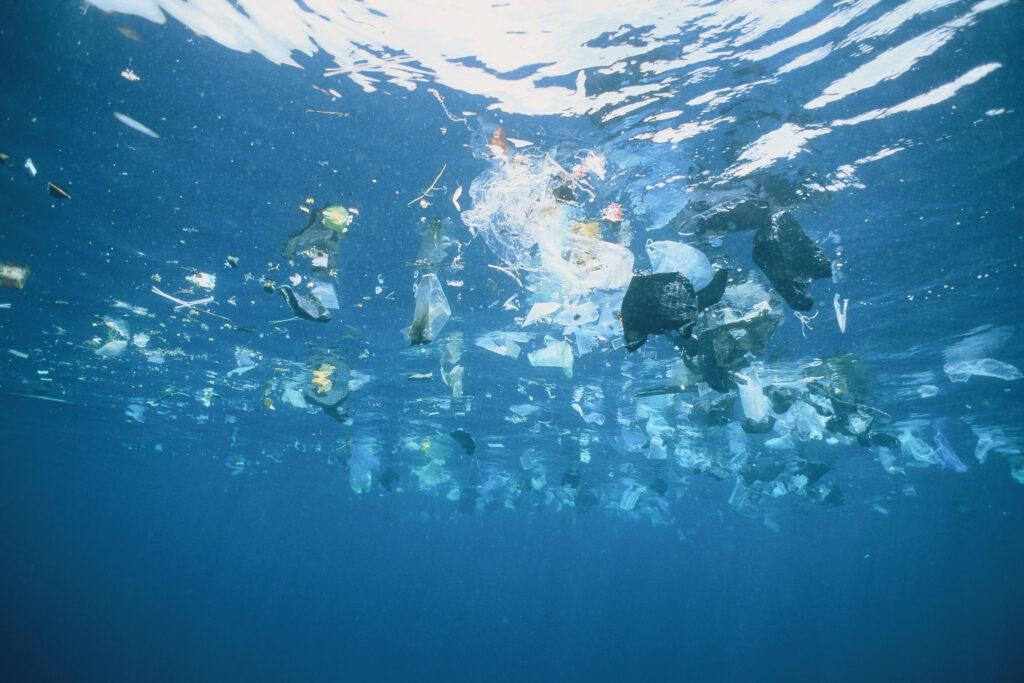
An innovative proposal to tackle the global plastic pollution crisis with a combination of DNA-like encoding of plastics and international law has been put forward by a transdisciplinary team of QUT researchers.
The researchers from QUT’s Centre for Materials Science and Centre for a Waste Free World: Dr Hope Johnson, Dr Lewis Chambers, Dr Joshua Holloway, Annastasia Bousgas, Professor Afshin Akhtar-Khavari, Associate Professor James Blinco, and ARC Laureate Fellow Professor Christopher Barner-Kowollik have published their multi-pronged approach in Polymer Chemistry.
One solution could be chemically labelling batches of plastic production using sequence-defined polymers, that could be decoded in a way similar to DNA, although at this point reading information from sequence-defined polymers is challenging. However, new technologies for reading information from such sequence-defined polymers embedded into plastics are emerging.
If polymer science can develop the means of uniquely identifying plastics and tracing each piece back to its producer, there still remains the issue of enforcing responsibility – which is where the legal researchers around Dr Hope Johnson come in.
Read the full story here.